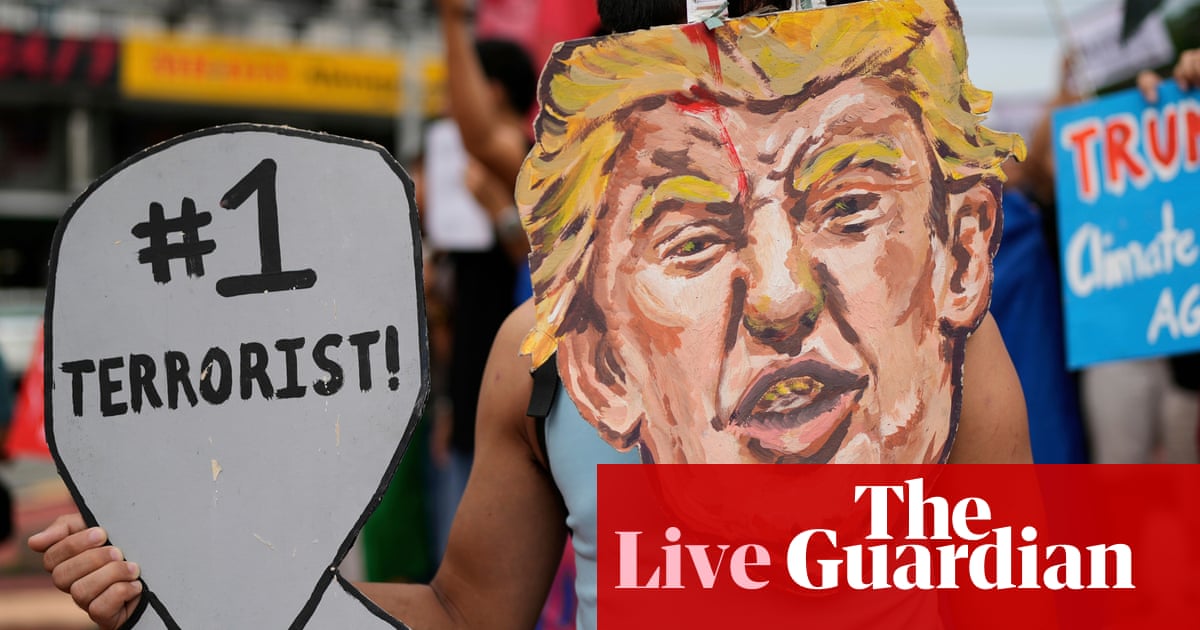In a significant development, Iranian Foreign Minister Abbas Araqchi has arrived in Moscow to engage in discussions with President Vladimir Putin. These talks come amid escalating tensions following a recent vote by Iran’s parliament to close the critical Strait of Hormuz in retaliation for U.S. military actions against Iran, which analysts warn could lead to dramatic increases in oil prices.
As of Friday, Brent crude had surged to approximately $77 a barrel, reflecting more than a 10% increase since mid-June, triggered by Israel’s strikes on Iranian nuclear facilities, which led to Iranian missile responses targeting Tel Aviv. The U.S. decision to join Israel in military action against Iran has steeped global markets in uncertainty, raising fears of a significant oil price spike that could strain the global economy.
The Strait of Hormuz is pivotal, facilitating the flow of about 20% of the world’s oil supplies. While the parliamentary vote was reported by Reuters, it is not binding, pending confirmation from Iran’s supreme national security council, who will make the final decision. Analysts anticipated an immediate price increase of up to $5 even before the vote’s outcome was disclosed.
In related military developments, the Israeli army has informed citizens to leave shelters following sirens indicating an Iranian missile attack, although no injuries or impacts have been reported thus far.
Meanwhile, as the humanitarian crisis in Gaza continues to escalate, desperate crowds are forming to receive aid from newly established distribution centers. Abdullah Ahmed, a vegetable seller from Gaza, described the perilous journey to a food distribution site, stating, “Whoever doesn’t take cover is exposed to death,” reflecting the dire situation faced by many residents.
The U.S. State Department has warned American citizens abroad about potential demonstrations against U.S. interests ensuing from the military operations.
In response to the volatile situation, New Zealand is deploying a C-130 Hercules transport plane to assist in the evacuation of its citizens as airspace restrictions complicate logistics. Foreign affairs minister Winston Peters emphasized the risks and urged New Zealanders in the region to seek safety as conditions remain unpredictable.
UN Secretary-General António Guterres has condemned the escalation, calling for restraint and warning against a new cycle of violence in the Middle East. He stated, “The people of the region cannot endure another cycle of destruction,” emphasizing the urgent need for diplomatic solutions as military operations intensify.
As tensions remain high, Iran’s ambassador to the UN criticized the U.S. for its strikes, describing them as an act of war under a false pretext. Meanwhile, Israeli airstrikes have targeted multiple locations in Iran, intensifying the risks of broader conflict in the region.

